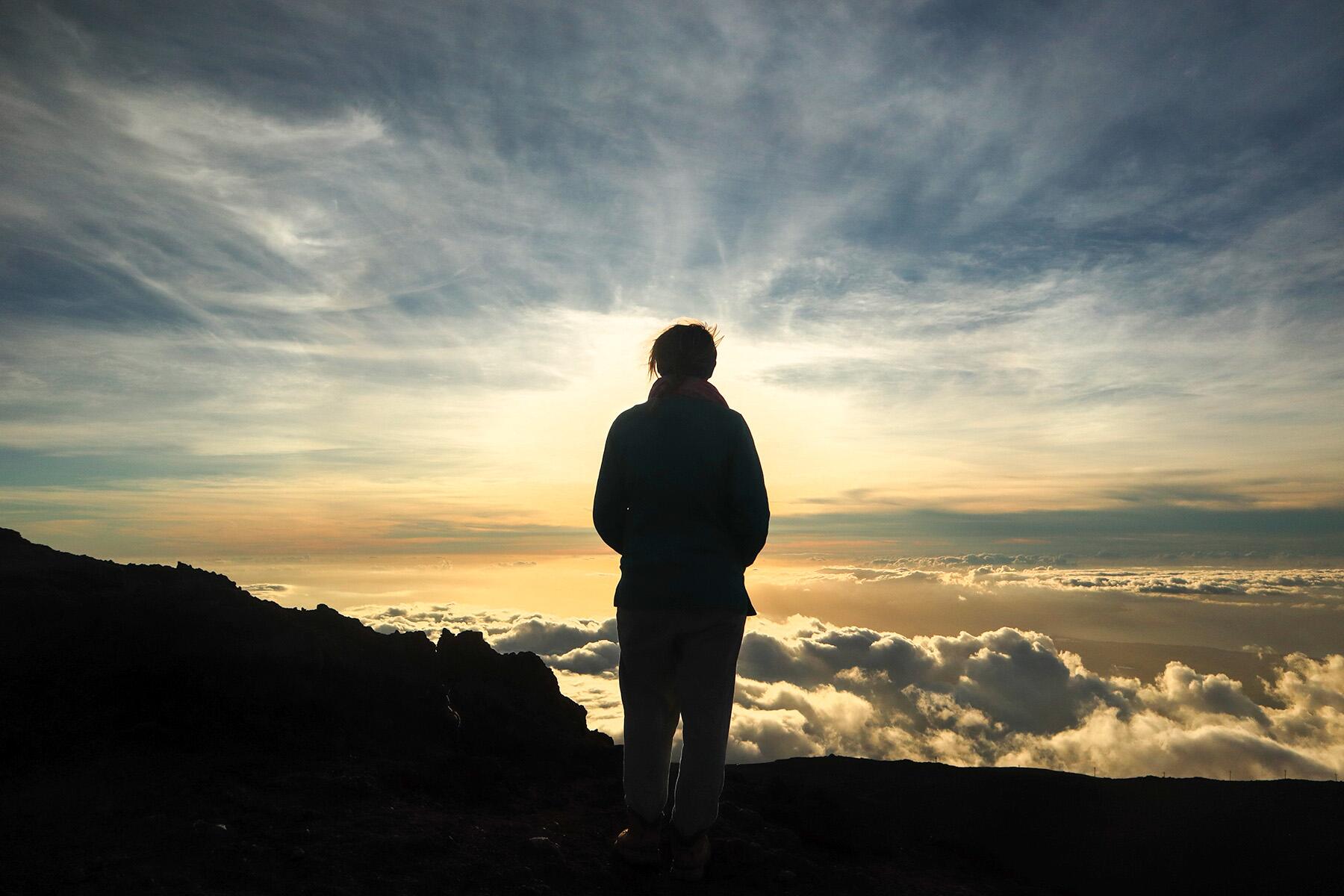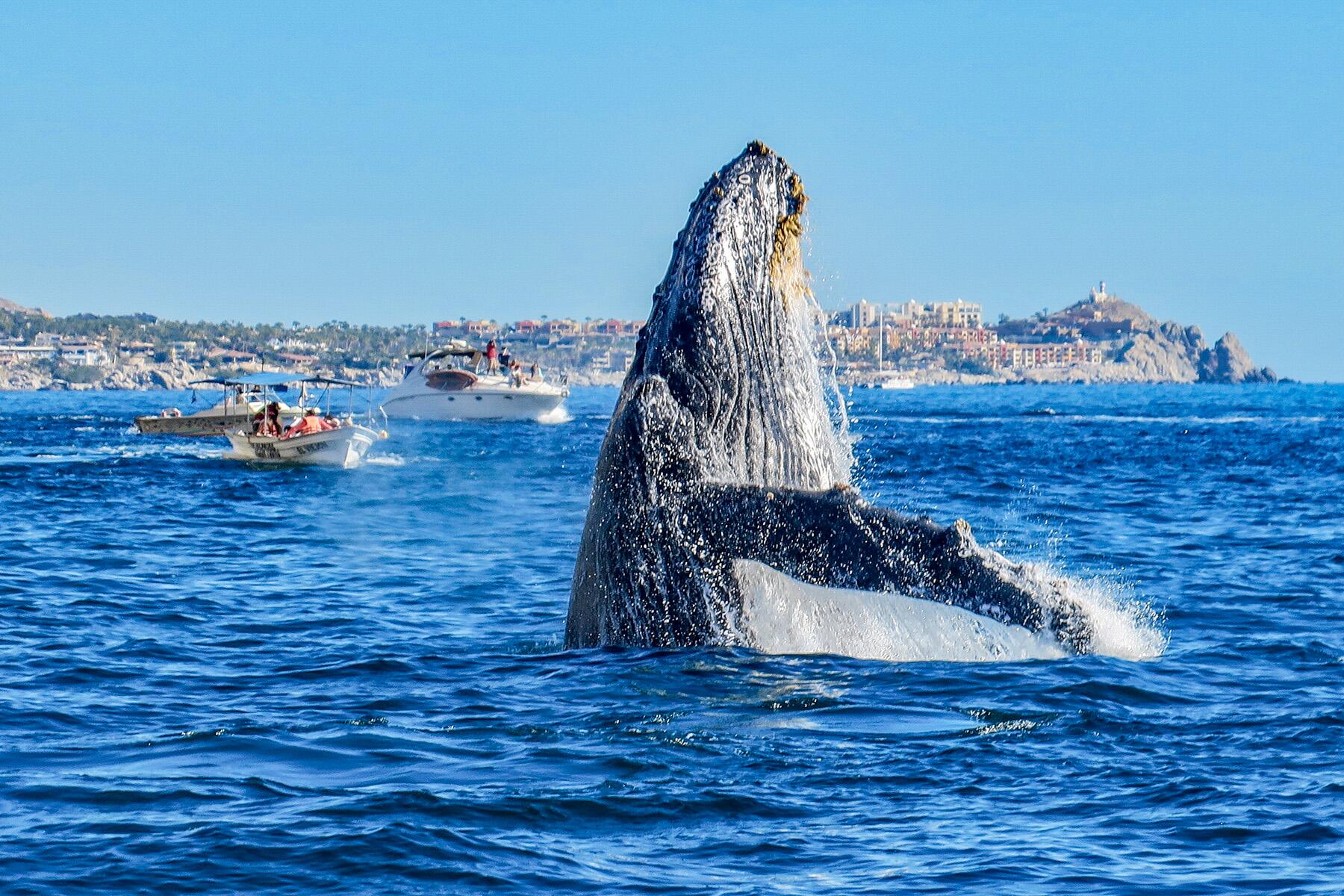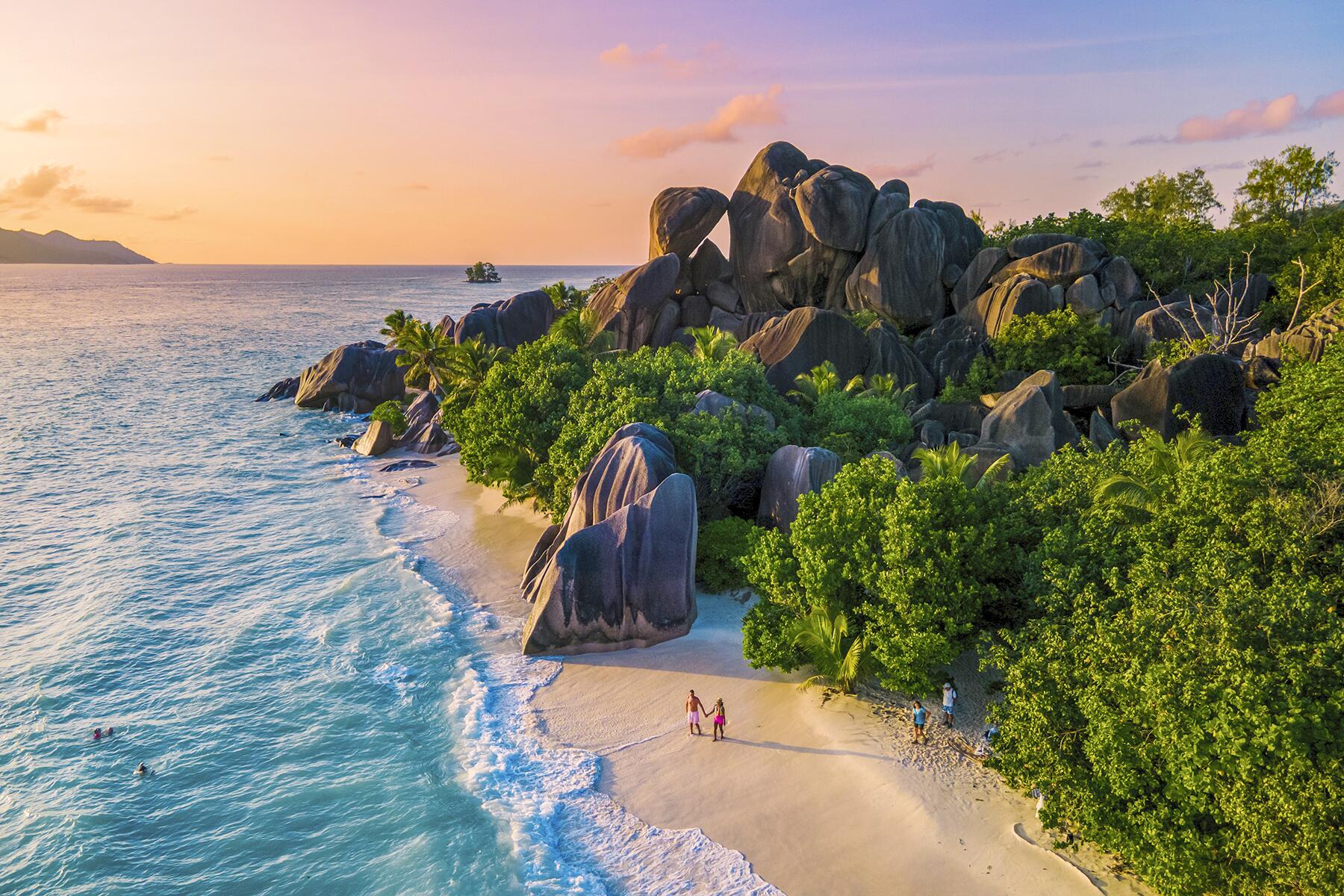No matter where your destination, contracting a disease or parasite is highly likely when you’re swimming, hiking, petting animals or drinking unsterilized water.
After a refreshing trip from an exotic destination, the only souvenirs you want to bring back are those you choose yourself. However, according to Dr. Andrea Boggild, Director of the Tropical Disease unit in Toronto as many 30% of travelers return with at least one parasite and often more than one: I was diagnosed with three different parasites in the last year.
Parasitic infections can come from eating food or drinking water that has been contaminated by fecal matter or from things that bite or burrow through unprotected skin. So, how can you avoid picking them up? These tips can help you prevent from picking up parasites.
Wash It, Boil It, Peel It
Buying fruit and vegetables while you are traveling? Dr. Boggild keeps your defense strategy simple “wash it, boil it, peel it.” This includes washing fruits with skins including bananas, mangoes, and avocadoes, which need to be washed with a fine brush to get into all the indentations. In Hawaii last year, I bought fruit and vegetables from markets and roadside stands. Were they responsible for parasites?
Recommended Fodor’s Video
INSIDER TIPDrink water from safe sources only. Avoid ice cubes because you don’t know if they were made from a sterilized source. When in doubt, don’t get the ice cubes.
Keep Completely Covered
Cover your feet completely if you will be walking on the beach on sand, in grass or on soil to prevent sand fleas or hookworms. Even jogging on the beach with running shoes and socks on, sand fleas might be kicked onto your bare legs and lead to ulcerating bite sores.
Avoid Swimming in Fresh Water
When traveling in the Caribbean or other high risk destinations, avoid swimming in fresh water as parasites in the feces of water snails can be picked up. I dipped in refreshing pools of water at the base of waterfalls after hiking. I plodded through streams while birding in a dense rain forest in the Caribbean wearing Keen footwear, which have great grips for balancing on rocks in the stream but doesn’t prevent water in and didn’t stop the parasites from invading– fresh water in foreign destinations is a now a no-go zone. The destinations considered high risk are the Caribbean including Jamaica, Haiti, St. Vincent and the Grenadines, West Africa, East Africa, Peru and South East Asia.
Talk to a Medical Specialist
Before you go, talk to a medical travel specialist about issues that are destination specific. Once they know where you are going, they will tell you preventative measures to take that are specific to that trip, including any immunizations needed. There are no immunizations to avoid parasites, but being informed will lessen your chances. Dr. Aisha Khatib at the Tropical Disease Clinic in Toronto emphasizes that “post-travel consultation is as important as pre-travel especially if you’re symptomatic with diarrhea, rash, muscle aches, or fever.” The epidemiology for parasites and viruses are different depending on where you were in the world. “Disease equals destination,” says Dr. Khatib. In a post-travel check-up with a general practitioner, Dr. Khatib says it’s important to mention that you’ve traveled in the previous three to six months. Family doctors may not always ask about this in an initial visit.
Be Wary of Grocery Store Produce
It’s not just travel we need to be wary of, but what we buy in the grocery store can carry parasites depending on where they have been imported from. Dr. Boggild warns that transmission of Cyclosporiasis via un-washable berries and herbs has been linked to regular outbreaks due to imported produce from Central America. Cyclosporiasis is a microscopic parasite that causes intestinal illness. It can be carried on delicate herbs and berries such as basil, cilantro, arugula, raspberries and strawberries. You can’t wash them thoroughly enough without damaging them hence the outbreak.
The path to diagnosis and the cure can both be long and arduous. For example you may need to visit several specialists following an appointment with your family doctor, including a gastroenterologist, infectious disease specialist leading you to a tropical disease clinic. Why is diagnosis important if you don’t have any symptoms? According to Dr. Boggild, one-third of travelers return with at least one parasite. Some have long-lasting symptoms such as diarrhea, but hidden Strongyloides can be life threatening if your immune system is compromised by other causes, such as immunosuppression for major surgery.
If you want to enjoy parasite-free travel, prevention is by far the better strategy.



